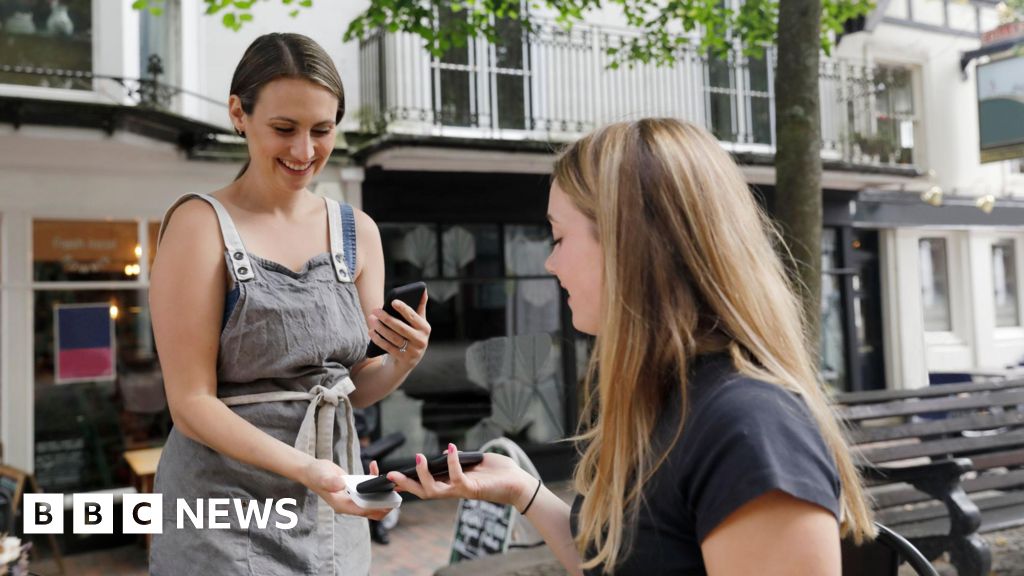The writer is founding partner of Gavekal Dragonomics
Chinese equity markets have had a wild ride. Major indices surged by more than 30 per cent in the two weeks following Beijing’s September 24 economic stimulus announcement. They then fell back on fears that the stimulus might fall short.
Most likely, the markets will regain momentum once the Ministry of Finance reveals details of new fiscal spending at a press briefing on Saturday. Which sentiment is closer to the truth: euphoria or despair?
The answer is, neither. Markets were right to see the stimulus announcement as an inflection point and an opportunity to venture back into oversold Chinese assets. But they misjudged the underlying intent, which is to stabilise the economy rather than generate a major reacceleration. And they underestimated the constraints on stimulus imposed by Xi Jinping’s long-run strategy and by policymakers’ desire not to repeat past errors.
Xi’s strategic aims have not changed. He wants to shift capital from the property sector into technology-intensive manufacturing, which he sees as the basis of China’s future prosperity and power. Long-term economic growth, he believes, is driven by investment in technology, which will eventually generate high-wage jobs and rising incomes. China’s core task is not to maximise GDP growth but to create a self-sufficient, technologically powerful economy immune to efforts by the US to stunt its rise.
This programme is cogent as a national strategy, but unfriendly to financial investors. The emphasis on investment means that supply will always run ahead of demand, leading to deflationary pressure, which is bad for corporate profits. Even the favoured high-tech sectors face intense competition that will erode margins.
Xi has not retreated from this vision, but has accepted a change of tactics. The stimulus decision was driven by poor economic data including a sharp deterioration in manufacturing sales and employment, a chorus of criticism from Chinese economists, and the rising risk of protectionism against China’s exports. Short-run stabilisation is needed in order for the long-run plan to succeed. But measures will be rolled out carefully to avoid what policymakers believe were damaging mistakes in previous stimulus episodes.
One such “mistake” was the big infrastructure programme of 2008-09, which helped China recover quickly from the global financial crisis, but also began the pile-up of local-government debt, which rose from almost nothing 15 years ago to nearly 80 per cent of GDP today, including the liabilities of off-balance sheet financing vehicles. Another was Beijing’s cheerleading of a stock market bubble in 2015, which saw the CSI 300 double in a little over six months and then give up almost all its gains in two months.
Xi’s government is now determined not to overstimulate the real economy, nor to inflate another stock market bubble. The economic aims are to stabilise growth and prevent deflation from tightening its grip. The market goal is to restore enough confidence so that equity prices post steady, moderate rises. This will reopen the window for new listings and enable the stock market to resume its assigned role of financing China’s industrial policy ambitions.
This could work: Chinese policymakers have many tools, and Xi is finally allowing them to be used. But there is no evidence of a shift from the key policies undergirding Xi’s long-term vision: central control of finance and capital allocation, a tight rein on the property market, and prioritisation of investment over consumption.
Direct fiscal stimulus through the issuance of ultra long-term government bonds, if large enough, should boost growth and ward off deflation. But this new debt will refinance some local debt and subsidise households and businesses to trade in old appliances and equipment for new. Its function is to make investment more effective, not to give consumer demand a bigger role.
Similarly, the recapitalisation of the six largest state-owned banks will let them take on more risk despite record-low net interest margins. Yet it will also further entrench central control over the financial system and the allocation of capital. Mortgage deregulation will make it easier for cash-strapped families to buy houses, but does not reverse the basic decision to reduce property’s economic role.
In sum, the economy and financial returns are likely to pick up in the coming months. In the long run, though, China’s vision is unchanged: technology and self-sufficiency matter more than growth and profits.

















































































































































You must be logged in to post a comment Login